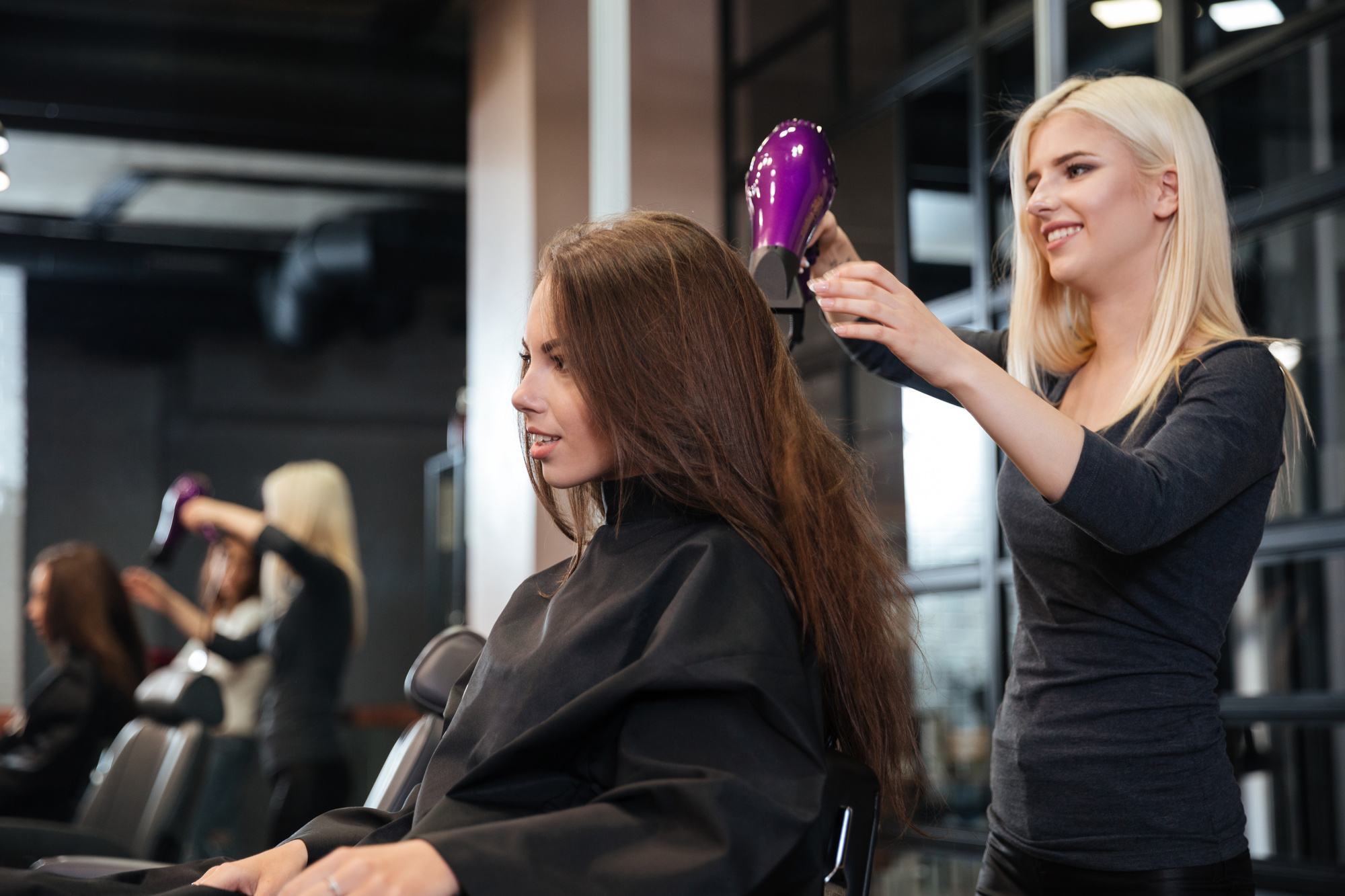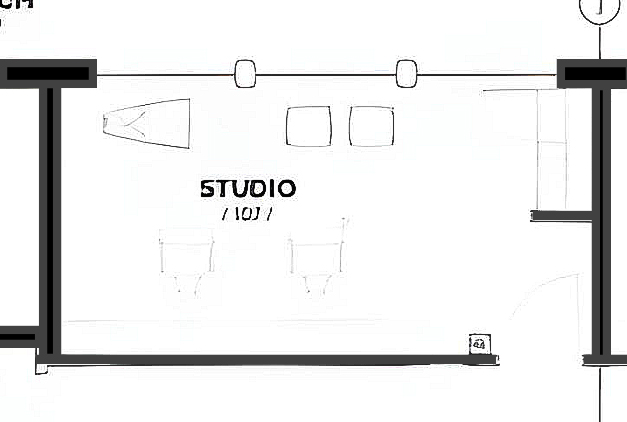Premium Salon Suites Belleville Michigan: Your Charm Sanctuary
Premium Salon Suites Belleville Michigan: Your Charm Sanctuary
Blog Article
Strategic Choices: Weighing the Advantage of Leasing Versus Having a Hair Salon Room to Optimize Long-Term Success and Financial Stability
When it comes to establishing a salon service, one of the essential decisions that owners should very carefully think about is whether to rent or possess the space in which they operate. The selection in between renting and having a salon space can have a considerable effect on the long-lasting success and economic health and wellness of the company.

Advantages And Disadvantages of Renting Out
When taking into consideration the decision between renting out a hair salon space or possessing one, it is vital to evaluate the pros and disadvantages of renting out to make an informed choice. One main advantage of leasing a hair salon space is the flexibility it uses. Renting out allows hair salon owners to test various areas or upscale their business without the dedication of a long-term home mortgage. Furthermore, renting out commonly entails less in advance expenses, making it a more easily accessible option for brand-new beauty parlor owners or those with budget restrictions.

Financial Factors to Consider

Thinking about the economic implications of leasing a hair salon space versus possessing one is crucial for making an educated service decision. When assessing the financial aspects, it is important to assess the preliminary costs related to each option. Leasing a salon area generally calls for a down payment and monthly rental fee payments, whereas having involves a down repayment, home mortgage payments, residential or commercial property tax obligations, and upkeep costs.
In addition, the long-term monetary effects differ in between renting and having. Renting out offers adaptability however might result in greater cumulative costs over time as a result of rental increases. On the various other hand, having a hair salon room offers possible equity growth and the possibility to develop possessions. It is important to perform a cost-benefit evaluation to determine which option lines up best with your financial objectives and company approach.
In addition, consider the influence on money flow and productivity. Renting may supply lower in advance costs, enabling you to assign even more sources to marketing and service development. On the other hand, owning needs a substantial first financial investment but may cause set you back savings over time. Reviewing these monetary variables adequately will help you make a critical decision that maximizes your beauty parlor's long-lasting success and economic practicality.
Operational Flexibility and Control
Optimal functional efficiency plays a crucial function in determining the equilibrium in between flexibility and control when making a decision between leasing and owning a salon area. Renting out a beauty salon room supplies intrinsic flexibility as it allows for much easier adjustments to transforming market problems, client choices, or organization needs.
On the other hand, possessing a beauty parlor Salon suites space supplies a greater sense of control over the residential property and its operations. Owners have the liberty to tailor the area to their taste, implement long-lasting techniques without the danger of lease terminations, and potentially develop equity gradually. Ownership also comes with obligations such as residential property upkeep, insurance policy, and residential or commercial property taxes, which can impact the overall monetary dedication.
Eventually, the choice in between renting out and possessing must take into consideration the wanted degree of operational adaptability and control that straightens with the salon's long-lasting goals and vision.
Investment Potential in Ownership
Given the operational considerations gone over previously, discovering the financial investment capacity in beauty parlor possession drops light on the monetary ramifications and long-lasting benefits that come with having a hair salon room. By spending in a hair salon room, proprietors have the possible to profit from property appreciation, which can serve as a valuable possession in the long run.
Furthermore, ownership permits higher control over the area, making it possible for proprietors to tailor and customize the salon to their specific brand and vision without the restrictions often enforced by landlords. This level of control can enhance the total client experience and brand identity, potentially causing boosted customer retention and company development.
In regards to investment possibility, having a beauty parlor room can likewise open up possibilities for added income streams, such as leasing out unused space to various other appeal professionals or incorporating retail sales within the hair salon. Salon studios. These varied income resources can add to the overall financial health and wellness and sustainability of business
Long-Term Stability and Growth
With an emphasis on sustainability and expansion with time, developing long-term security and promoting growth are crucial elements of salon ownership. To guarantee lasting security, hair salon owners must very carefully consider variables such as place, market trends, and economic preparation. Choosing between renting out and possessing a beauty parlor space plays a substantial role in establishing business's growth capacity.
Renting out a hair salon space provides versatility and reduced initial expenses, permitting owners to designate sources towards improving solutions and marketing initiatives. Lasting rental costs can impact earnings and restrict the ability to build equity in the residential property. On the various other hand, owning a beauty salon area uses security via repaired mortgage repayments and the possibility for residential or commercial property admiration. By possessing the room, hair salon proprietors have more control over personalizing the home to fit their brand name and can take advantage of lasting possession development.
Eventually, the decision in between leasing and owning a salon room must line up with the owner's long-term business goals and economic goals. Whether prioritizing versatility or equity building, a strategic strategy to property ownership can considerably impact the beauty parlor's stability and development trajectory.
Conclusion
In verdict, the decision in between leasing and owning a hair salon space needs a mindful assessment of economic factors, operational flexibility, financial investment capacity, and long-lasting security. Both options feature their own set of benefits and disadvantages, and it is necessary for salon owners to weigh these elements to maximize lasting success and financial feasibility. Nail salon. Eventually, the option in between renting out and possessing ought to be based upon a detailed analysis of private service objectives and situations
Report this page